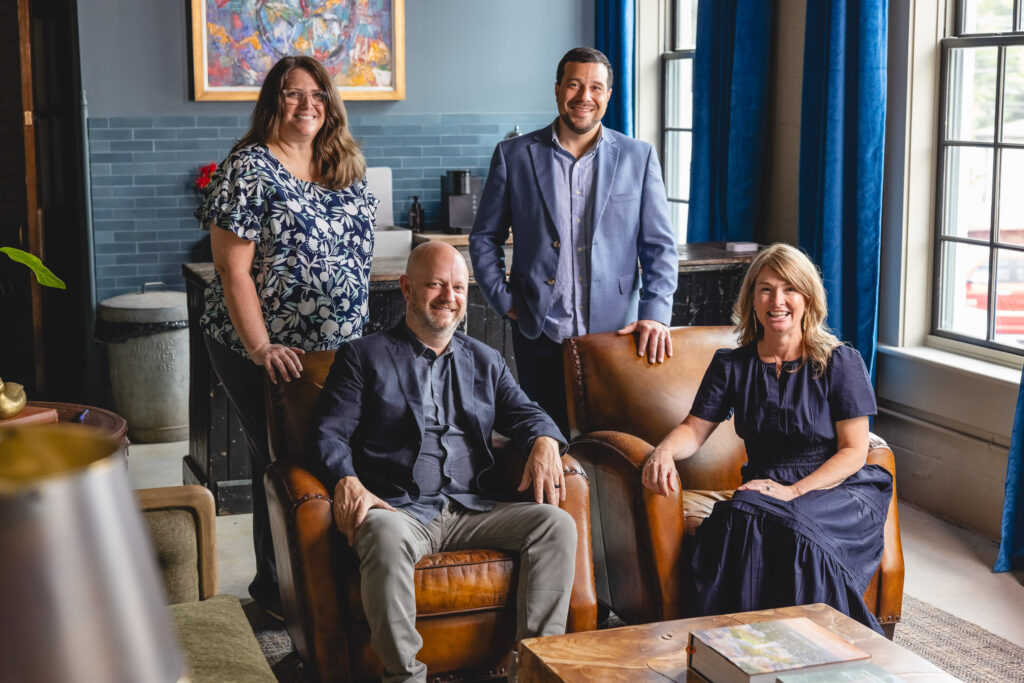Form-based code (FBC) is a method of regulating land development to achieve a specific urban form. Unlike conventional zoning codes that primarily control land use (e.g., residential, commercial, industrial), form-based codes focus on the physical form of the built environment, the relationships between buildings, and the public realm, such as streets and open spaces.
Emphasis on Design and Appearance: Form-based codes prioritize the physical form, design, and appearance of buildings and spaces. They provide specific regulations for building height, setbacks, facades, and placement on a lot to create a cohesive urban fabric.
Public Realm Focus: These codes emphasize the design of public spaces and the relationship between buildings and the street. This approach aims to enhance walkability, create attractive streetscapes, and encourage social interaction.
Prescriptive Standards: Form-based codes are typically more prescriptive than conventional zoning codes. They provide detailed standards and guidelines for the physical form of development, including architectural style, materials, window placement, and street design.
Regulating Plan: A regulating plan is a key component of form-based code. It is a map that designates specific areas where different building forms are allowed. The plan specifies the building envelope (height, width, depth) and placement, ensuring consistency in urban form.
Mixed-Use Development: Form-based codes often encourage or mandate mixed-use development, allowing for a combination of residential, commercial, and other uses in a single area. This approach fosters vibrant, diverse neighborhoods.
Community Involvement: The development of form-based codes typically involves significant community input to ensure that the regulations reflect the vision and desires of the local population.
Overall, form-based codes aim to create more livable, sustainable, and attractive communities by focusing on the design and physical characteristics of development rather than just its function.

Ramsey spent 30 years in education beginning as a teacher and finishing as a technology coordinator. Now with The Eulalia Group overseeing property management, she works diligently with tenants to support their needs. Additionally, as the Transaction Coordinator, she is hard at work in the background with Real Estate clients getting the necessary paperwork completed and turned in on time.
“I love the hometown feel of the downtown area. I also enjoy sharing our town with many guests who come to visit for festivals which the city hosts throughout the year. The people of our town make special events very inviting for everyone.”
Coming soon…
Susan joined the Real Estate industry in 2011 after a successful career managing a Wholesale Annual Flower Nursery. In 2023, Susan partnered with Chad to form The Eulalia Group Real Estate Team and fills the role of lead agent for Real Estate sales and leasing.
“Monroe is a carefully curated town with something for everyone. I was proud that my children chose to call Monroe ‘home’ once they finished college. We are a growing, thriving community.”
Chad Draper has built a distinguished career at the crossroads of placemaking, city building, and historic preservation. Throughout his career, Chad has been pivotal in community development, historic preservation, and shaping urban landscapes, with a continued commitment to enhancing quality growth and preserving historical heritage.